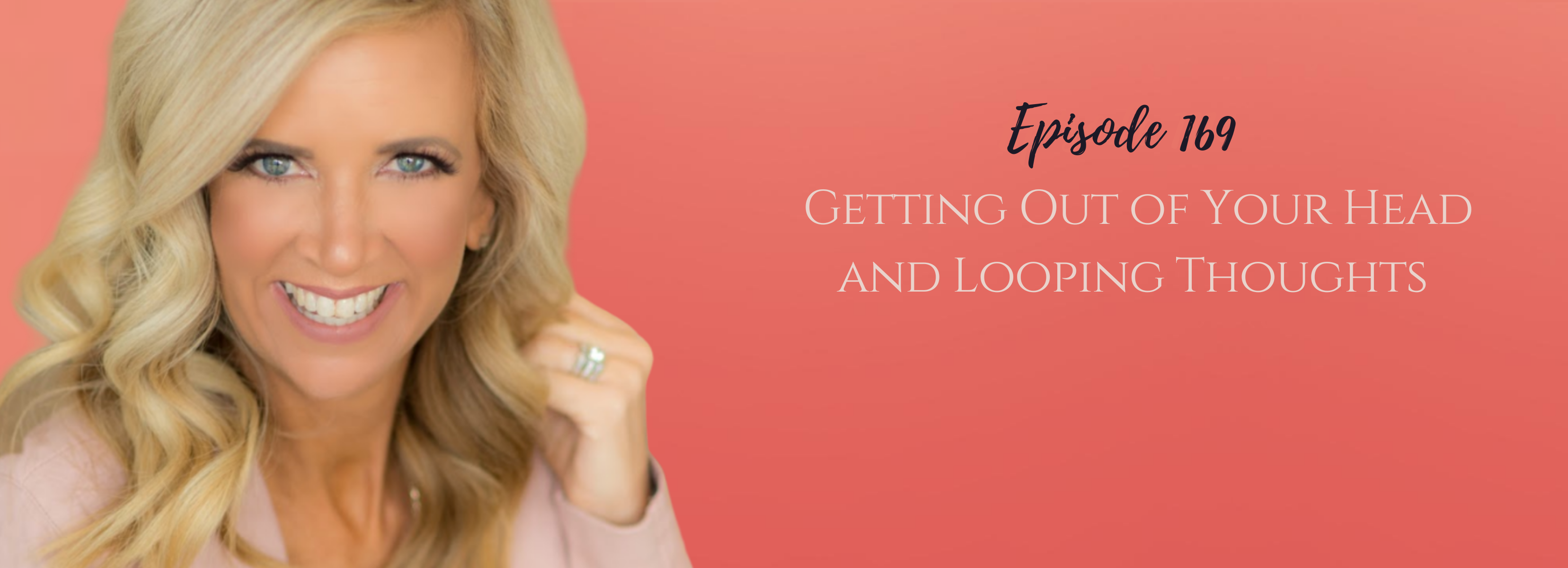
Getting Out of Your Head and Looping Thoughts with Brian Sachetta| 7.13.2022
In this episode, Kristen talks with Brian Sachetta about rumination and looping thoughts, and some strategies to help you stop them.
You'll Learn
- Brian's mental health journey
- How childhood impacts anxiety and depression
- Helpful strategies to minimize looping thoughts
- Brian's Book, Get Out of Your Head
Resources
For counseling services near Indianapolis, IN, visit www.pathwaystohealingcounseling.com.
Subscribe and Get a free 5-day journal at www.kristendboice.com/freeresources to begin closing the chapter on what doesn’t serve you and open the door to the real you.
Subscribe to the Close the Chapter YouTube Channel
This information is being provided to you for educational and informational purposes only. It is being provided to you to educate you about ideas on stress management and as a self-help tool for your own use. It is not psychotherapy/counseling in any form.
[fusebox_transcript]